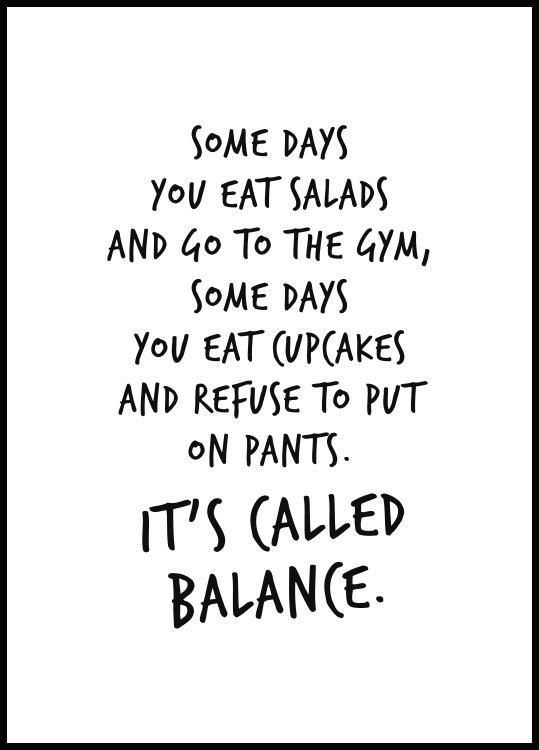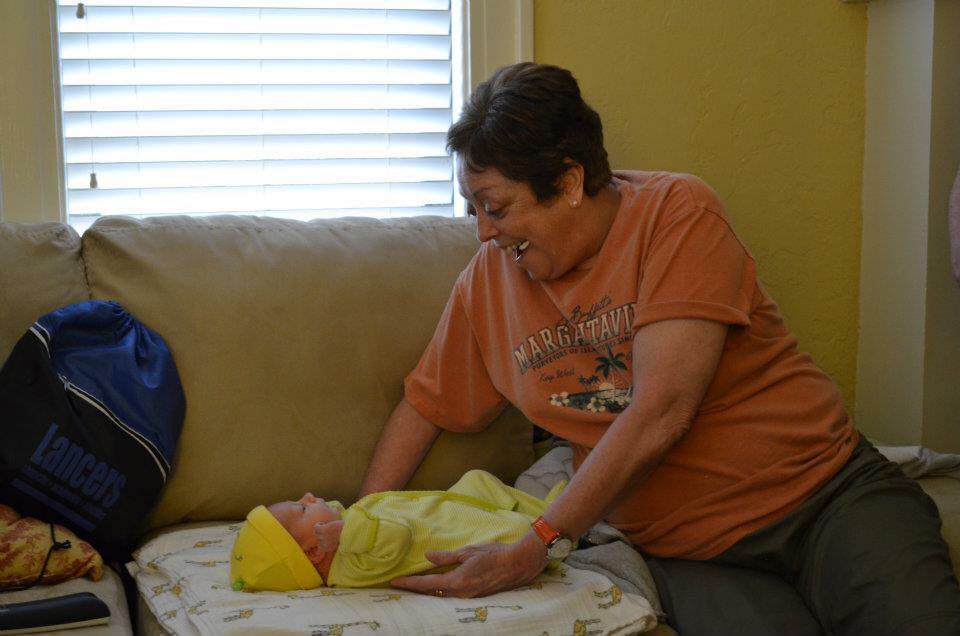
Last week, I got home from work after an overnight shift to learn that my daughter had thrown up just a few minutes prior. The nanny filled me in on all the details, and my first thought was “Man. I missed it.” Which is, admittedly, a strange way to react to vomit. Nevertheless, there I was, mourning yet another missed experience.
When I really stop to think about it, I have missed every single one of my daughter’s episodes of vomiting. She hasn’t had many, thank goodness, but I wasn’t there for any of them. I was deployed the first time and at work for all the others.
It would be really easy to spin this as incredible luck, but the truth is, it makes my heart ache.
Someone else had to be there to hold back her hair, rub her back, and tell her it’ll be okay. Catching your kid’s vomit in your hands feels like one of those sacred badges of motherhood. Pregnancy and childbirth aside, you’re not a “real” mom until you’ve done it.
I’ve considered the flip side of this scenario: the clean up, the gagging, the sheer grossness of it all. I’m confident that I would be miserable if I had been there, too.
Isn’t that the paradox of motherhood, though? We beg for our children to go to bed and desperately cling to our sanity until the last bedroom door is finally closed for the night, then stay up way too late scrolling through photos of them on our phones, missing their dimply elbows and hilarious quips.
It all makes me think of the basic principle of toxicology: “Sola dosis facet venenum.” Translated from Latin, “the dose makes the poison.” The adage is credited to Paracelsus, a sixteenth century physician. The full maxim reads “All things are poison and nothing is without poison; only the dose makes a thing not a poison.” The idea is that everything, all chemicals — even water and oxygen — can be toxic if you get too much of them.
Translated into motherhood, the principle holds.
It is absolutely possible to overdose on touch, on togetherness, on particularly verbose toddlers. The perfectly sweet smell of a newborn head can be intoxicating, but not for the seventh time between the hours of midnight and 4 a.m.
When your independent preschooler finally decides that snuggling is a Good Thing that humans can actually enjoy on the regular, your heart swells; but then so does your spleen, as it gets elbowed and kneed for the eleventh time.
Hearing your child’s sweet, tiny voice on the other end of the phone during your drive home cracks your face into an enormous smile, which fades somewhat quickly after this same child breathlessly pesters you with an exceedingly repetitive line of questioning before you’ve even made it in the door.
The emotional liability of motherhood used to endlessly frustrate me. I felt like a crazy person for constantly oscillating between overwhelming adoration for my children and an insatiable need to escape them.
Social media made it look like everyone else was living a much more zen existence, like their emotions about the issue were much more even keel. According to social media, even the spilled milk and muddy footprint moments are as well-lit and visually appealing as a Samsung commercial.
Nobody posts the picture of the weary, teary-eyed mom wearing yesterday’s dry shampoo and yoga pants trying to find a few moments of peace by hiding from her kids in the closet.
While deployed, in an act of melodramatic cliché, I read Man’s Search for Meaning, written by Viktor Frankl about his time in Auschwitz. If there is anyone who has earned the right to write knowledgeably about trials and suffering, it’s a man who has survived the Holocaust. I highlighted and dog-eared my copy within an inch of its life; it is full of wisdom and refreshing perspective.
In the book, Frankl argues against our current understanding of balance: “…mental health is based on a certain degree of tension, the tension between what one has already achieved and what one still ought to accomplish, or the gap between what one is and what one should become. I consider it a dangerous misconception of mental hygiene to assume that what man needs in the first place is equilibrium. What man needs is not a tensionless state but rather the striving and struggling for a worthwhile goal.”
His words rang true for me. He anointed my struggle for balance with legitimacy, giving credence to something I had long suspected: the idea that a tensionless existence is impossible.
 The longer I walk the tightrope of the working mother, the more vehemently I believe that balance is really an illusion after all.
The longer I walk the tightrope of the working mother, the more vehemently I believe that balance is really an illusion after all.
Mornings spent with my kids are truly devoid of anything resembling productivity. I’m lucky to get a load of laundry folded during a segment of Daniel Tiger. Forget going to the bathroom alone. I’ve even been known to strap my children in their carseats and do my makeup in the front seat after we’ve loaded up the car.
When I’m able to appropriately rearrange my priorities so I really CAN give my children my (mostly) undivided attention, the feeling I get more than makes up for the fact that none of the chores get done. But, I have to admit that I also get a tremendous sense of satisfaction in checking things off my to-do list. Because of that, there is a piece of me that feels incredibly fulfilled by getting things done — which is something that, in our current stage of life, I can only accomplish when my kids aren’t there.
Some weeks I work a ton, and I feel like I barely get to see my kids. I get to the end of the week and marvel with a pang of guilt and sorrow at how much they’ve grown up during this time where I’ve been paying less attention. Other weeks, I am home a lot more and am reluctant to admit that sometimes I wish I were at work.
It’s hard to feel balance in any given moment. Balance seems like something that is achieved only in the long view. Is a week even long enough to know whether you’re “balanced”? Is a month?
Is a lifetime?
Mother’s Day just passed us by. For me, much to my own amazement, it was a beautiful, chore-free day filled with sleeping in, handmade cards, beautiful flowers and idyllic messages of adoration. The week prior was filled with night shifts, their accompanying exhaustion, missed vomit, and its accompanying guilt.
It’s called balance, I guess.











